Iran’s diplomat blasts ‘shameful’ European statement at IAEA Board of Governors meeting
An Iranian diplomat has lambasted as “shameful” the statement of the three European signatories to the 2015 Iran nuclear deal at the International Atomic Energy Agency (IAEA) Board of Governors (BoG) meeting, saying such “hypocritical acts” will impede the conclusion of sanctions-removal talks in the Austrian capital of Vienna.
Mehdi Hosseini Matin, the chargé d'affaires of the Iranian Embassy in Britain, made the comment in a tweet on Thursday after two-thirds of the UN nuclear watchdog's 35-nation Board of Governors endorsed a non-binding statement by the United States, Britain, France and Germany that accused Iran of lack of interaction with the UN nuclear agency and claimed that Safeguard issues still remained unresolved.
"With continued terrorist acts & sanctions by US-Israel against Iran & failure at the IAEA, US,UK,Germany & France initiated a shameful controversial statement against Iran’s legal remedy measures,” Hosseini Matin wrote.
“Hypocritical acts contradict & subvert outlook of a deal negotiated with bona fides,” he added.
With Continued terrorist acts&sanctions by #US-Israel against Iran & failure at the IAEA, #US,UK,Germany & France initiated a shameful controversial statement against Iran’s legal remedy measures;hypocritical acts contradict&subvert outlook of a deal negotiated with bona fides. pic.twitter.com/rE6UtfMWlq
— Hosseini Matin (@smhmatin) September 15, 2022
The senior Iranian diplomat also attached to his tweet the picture of a Reuters' news story pertaining to the European troika's expression of "serious doubts" about Iran's intentions to revive the 2015 nuclear deal, officially known as the Joint Comprehensive Plan of Action (JCPOA), and the resolution of Safeguards issues between Tehran and the UN nuclear watchdog.
Iran’s Foreign Minister Hossein Amir-Abdollahian said on Wednesday that any "unconstructive statement" at the meeting of the IAEA Board of Governors would be "futile," as he reaffirmed Tehran's willingness to reach a good agreement in Vienna talks.
Amir-Abdollahian underscored that the key to reaching an agreement on the revival of the 2015 nuclear deal and removal of sanctions is for the US to focus on "realism" and demonstrate the necessary willpower.
The top Iranian diplomat reaffirmed the country’s willingness and good faith to reach a good, strong and lasting agreement in the talks underway in Vienna since April last year.
Iran’s Foreign Ministry spokesman Nasser Kan’ani also earlier denounced as “wrong” and “ill-considered” the joint statement issued by Germany, France and the United Kingdom on the revival of the JCPOA, stressing that Tehran did its best in the negotiation process and acted “constructively” to reach an agreement.
Kan’ani said that the IAEA’s frequent reports have confirmed the peaceful nature of Iran’s nuclear program, urging the agency to act “professionally” and without any pressure exerted by a third party – making an apparent reference to Israel.
Iran signed the Nuclear Nonproliferation Treaty (NPT) in 1970. Also, as a goodwill gesture, Iran voluntarily chose to have extensive cooperation with the UN nuclear agency, beyond the safeguards agreement.
Back in June, Iran decided to stop its voluntary cooperation with the UN nuclear agency, while stressing that its commitments under the agreement will continue.
Iran and the IAEA are currently locked in a dispute triggered by the agency’s Israeli-influenced accusations, which were leveled against Tehran’s peaceful nuclear activities just as the Islamic Republic and other parties to the Iran deal appeared close to an agreement on reviving the JCPOA.
Iran asserts that an agreement on the revival of the nuclear deal hinges on the settlement of safeguards issues between Tehran and the IAEA and that without settling those issues, reviving the 2015 accord makes no sense.

Iran to hold nuclear deal revival talks with European trio on Jan. 13: Official
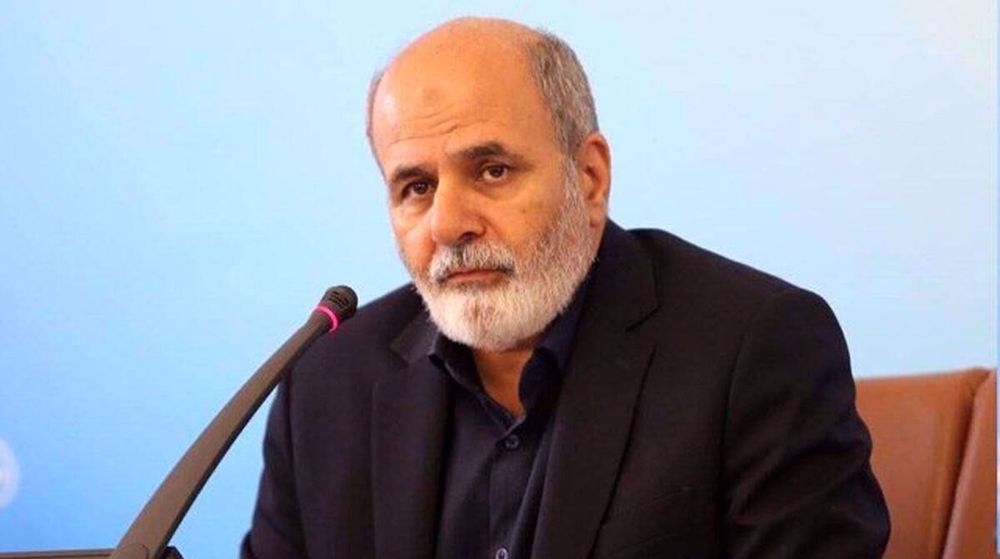
Iran’s nuclear doctrine intact: Security chief
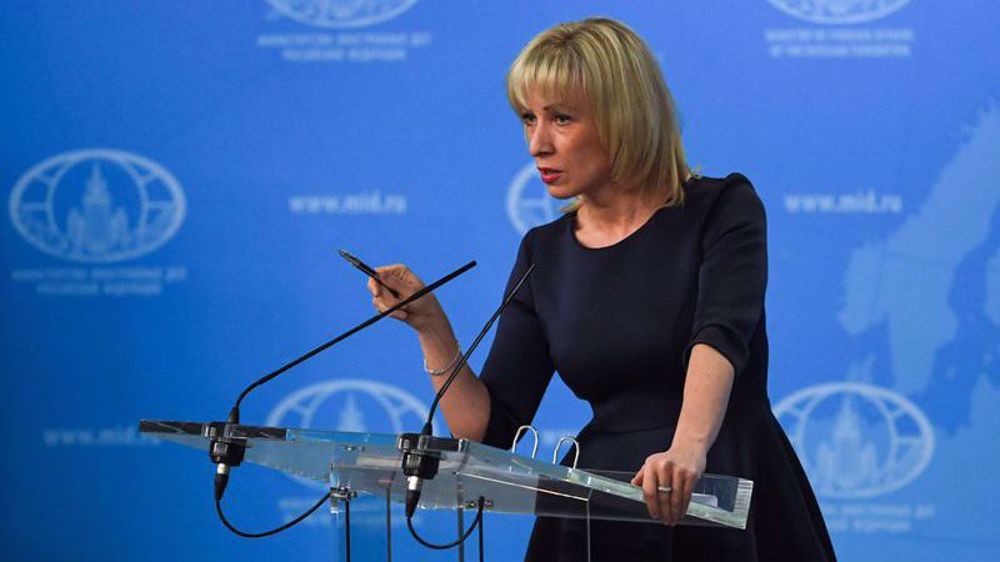
Russia urges IAEA to uphold impartiality in monitoring Iran's nuclear facilities
IRGC: Iran makes great strides in air defense; real-world scenarios simulated in Natanz drills
VIDEO | Press TV's news headlines
VIDEO | Israeli military pulls out of southern Lebanese town of Naqura
Hamas slams Israeli regime's plan to annex Arab countries
Iran rejects Macron’s ‘baseless, contradictory’ remarks
VIDEO | Unyielding Resistance Axis
Palestine, Jordan slam map showing Arab lands as part of ‘greater Israel’
VIDEO | New York healthcare workers take a stand against genocide


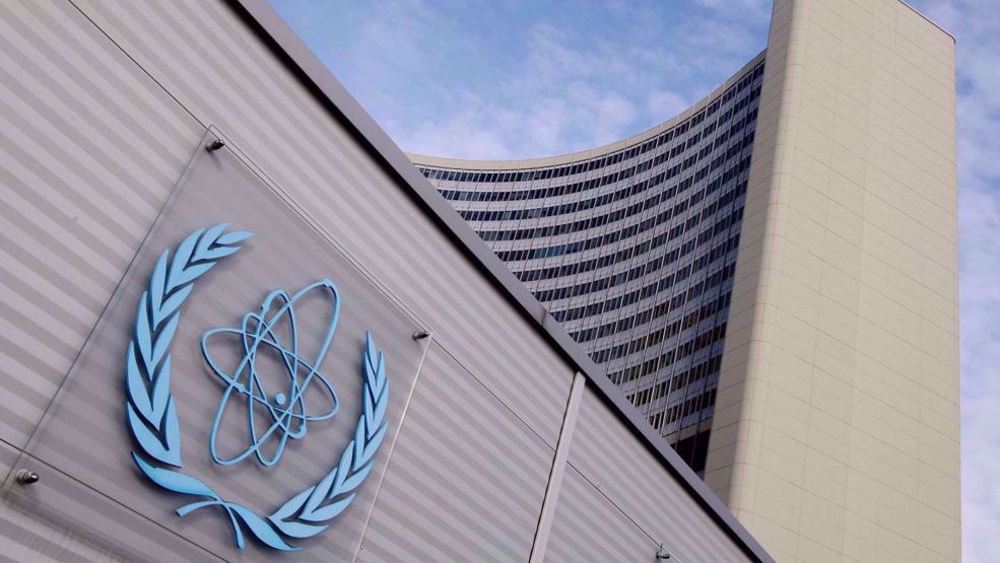
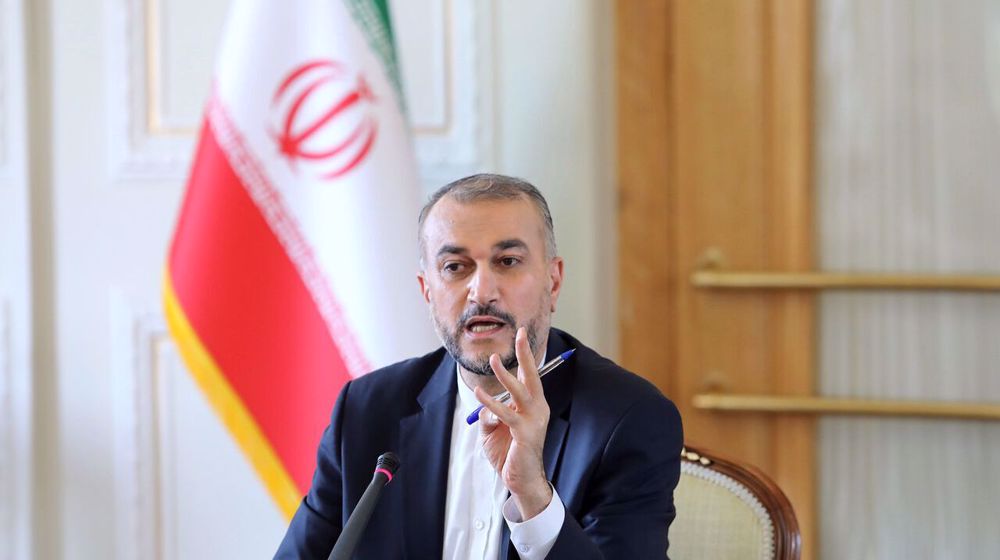
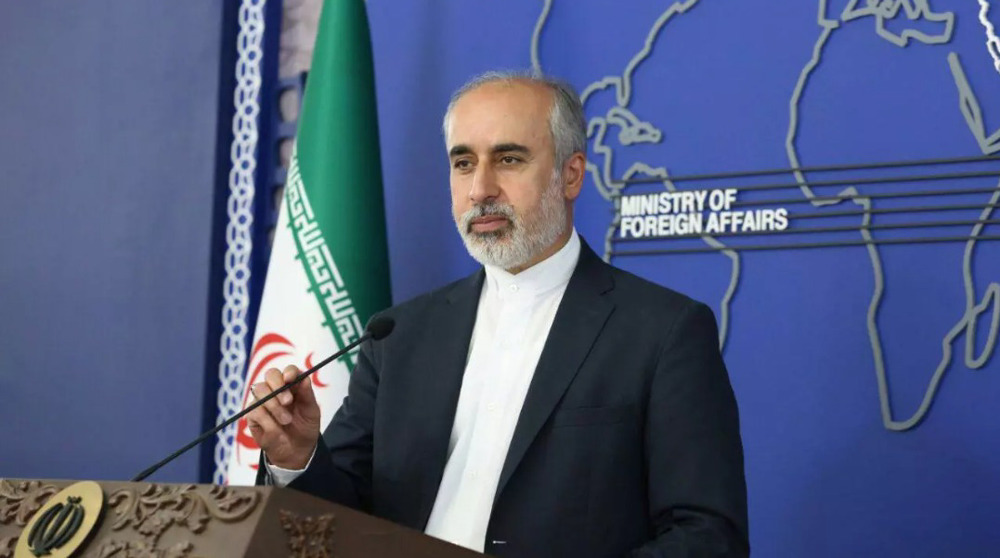




 This makes it easy to access the Press TV website
This makes it easy to access the Press TV website